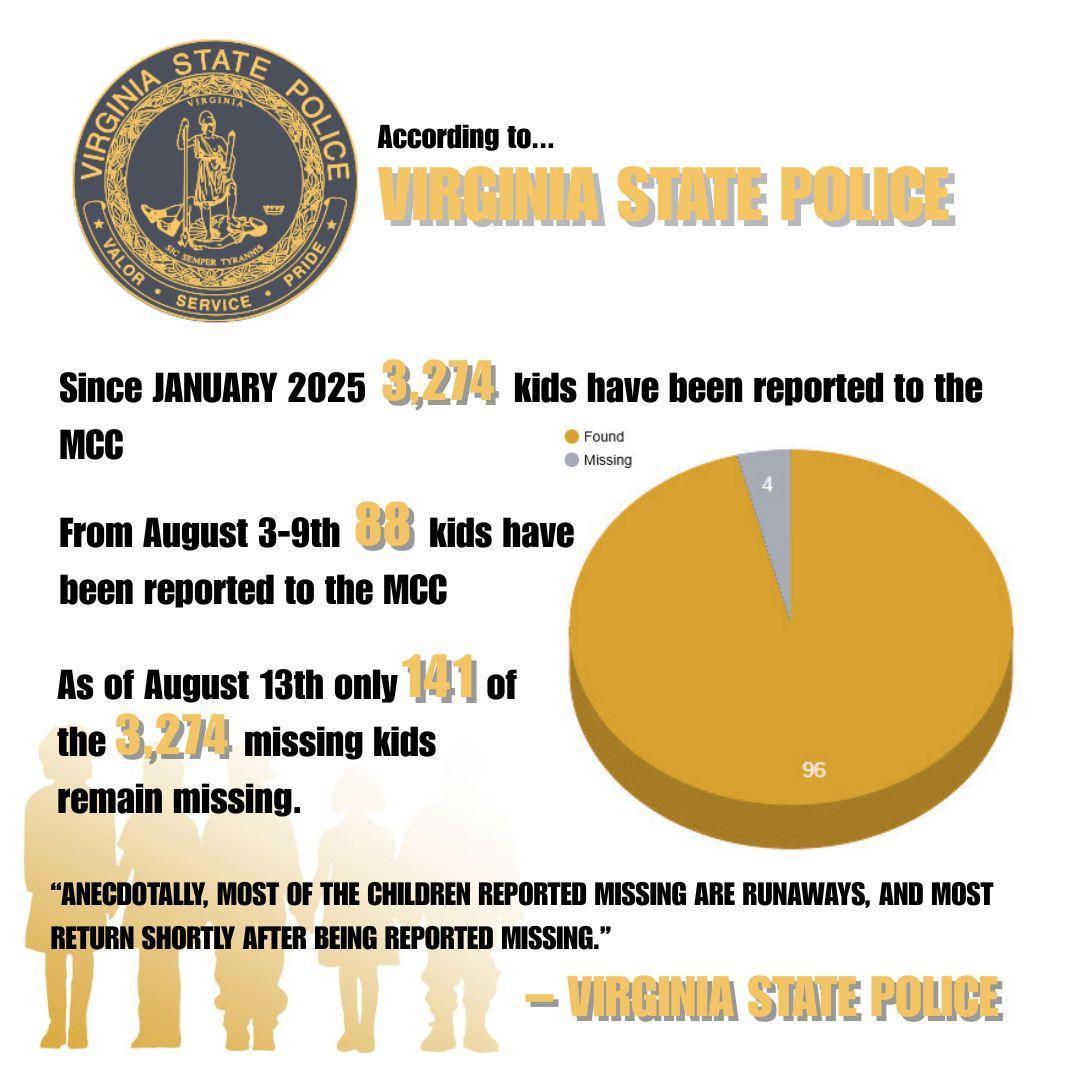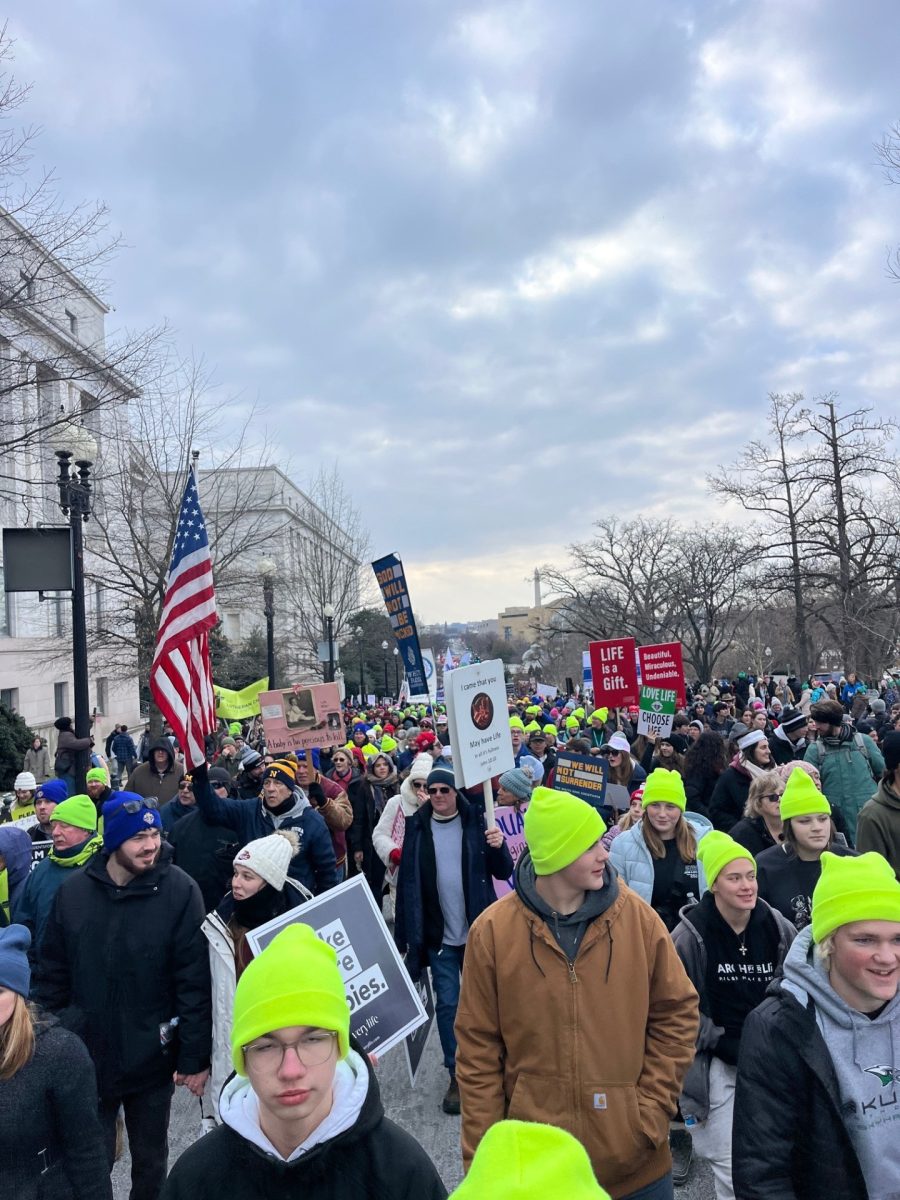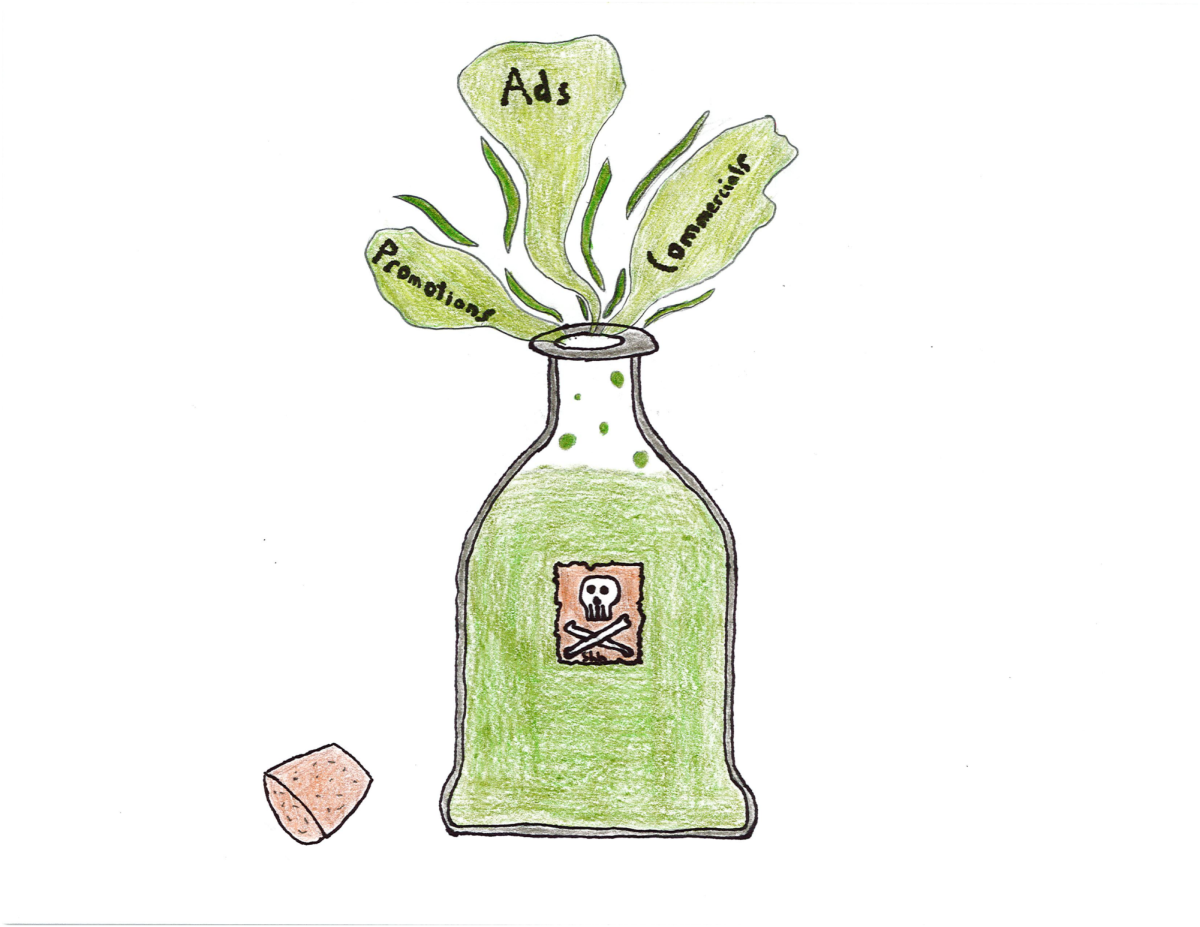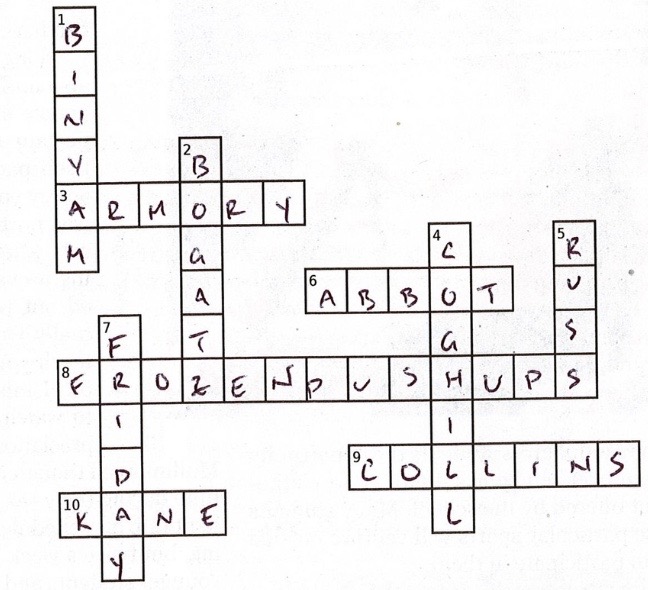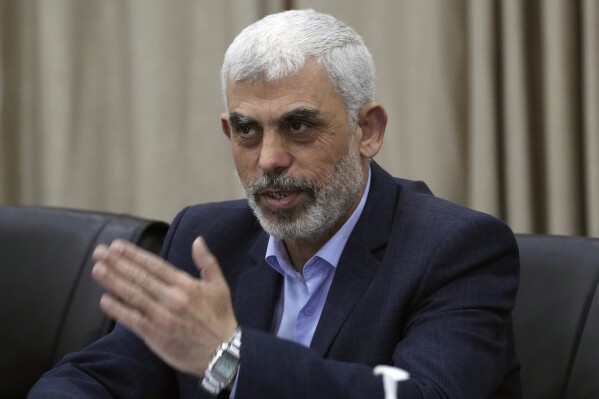Lebanon and Israeli tensions have been heightened especially following the Israeli bombings of the historical Lebanese cites in Tyre on their shared border, one of which killed the possible successor to the previously killed leader of Hezbollah, and the Gaza bombings that, on October 18, killed leader of Hamas, Yahya Sinwar.
Over the past month it has also dramatically ramped up war efforts in Lebanon against Hezbollah, Iran’s strongest proxy militia force, which had been rocketing Israel in support of the Palestinians. Around 1.2 million Lebanese have been displaced following the Israeli warnings and strikes in the populated cities of Lebanon. These bombings have caused major outcry from the U.N. and the Western Hemisphere as Secretary of State Anthony Blinken said, “Finding a quick solution to stop the bombings of the historical sites in Tyre (Lebanon), is a necessity to peace and stability in the region.” This was supported by many office members who also stated their call for Israel to back down in their current warpath.
Shockwaves have especially been sent through the Middle East following the death of Yahya Sinwar, as the United States reach to Israel claiming this to be the perfect time for peace talks. Optimistic signs of peace from Israeli Prime Minister Netanyahu were shown when he stated this death could signal, “The beginning of the end,” of the war in Gaza. While many Gaza citizens point to his alleged fight against an attack drone as a ‘heroic death’ as a rallying cause to resist Israeli forces.
The death of Sinwar coinciding with the new ground invasion of Lebanon was met with extraordinarily little opposition across the globe as Washington stays silent on the advances in Tyre, and Netanyahu denies any ‘invasion’ and warns Lebanon of “destruction like Gaza” if they continue resistance against Israeli forces.
Humanitarian concerns have grown in the region as the U.N. Health Minister of Gaza said, “We call on the world, which has failed to provide protection and shelter for our people and has been unable to deliver food and medicine, to make an effort to send shrouds for our fallen.” In Gaza, especially following the intensified missile assault in the Northern Gaza area following the death of Sinwar, health authorities reported at least 150 health institutions were destroyed in Israeli bombings since the start of the war in 2023.
Death tolls in Gaza continue to be a marker of disaster in Gaza, as the number of deaths surpass forty-thousand, injuries past one-hundred thousand, and displacements near two million out of the two and a half million residents of the Gaza strip. These numbers are pointed to by many officials in the United States as reason to pull back American support for Israel, despite Israeli politicians claiming the numbers to be ‘exaggerated grossly.’
Washington has called on Israel to allow humanitarian aid to flow into the Lebanon and Gaza regions, but they have repeatedly denied, citing the inflow of weapons as the cause.
Tensions will continue to escalate in the region, and with little change following the death of Sinwar and ground invasion of Lebanon, which country will get involved next is the question everyone is asking.

